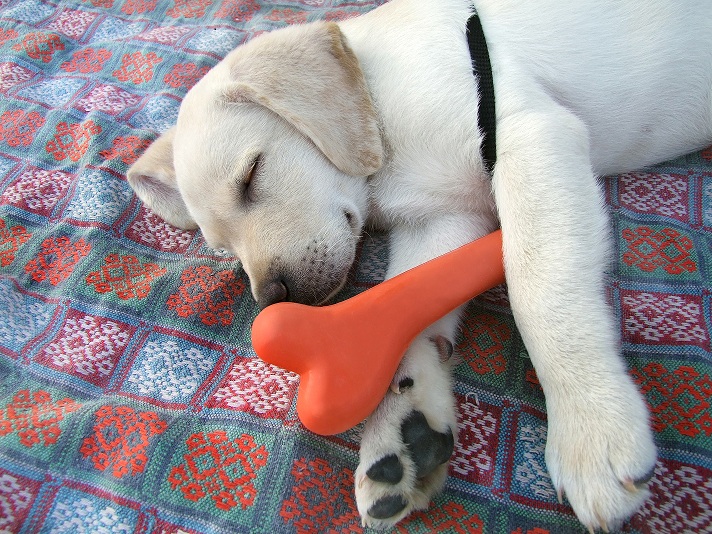Young puppies, like young children, need a lot of medical care. Young puppies are susceptible to diseases and parasites that can permanently damage or even kill if left untreated. You should schedule an appointment with your vet within days of acquiring a new puppy. Ask your vet when you should schedule your next appointment, and make sure you keep all the required appointments!

Your puppy will need three or four sets of puppy vaccinations. Your puppy may already have had one set of vaccinations before you received him. One set of vaccinations will not protect your new baby from potentially fatal diseases. Make sure you schedule all of the vaccinations your vet recommends. In addition to these standard puppy vaccinations, rabies immunization will be needed. Be sure to have the rabies updated prior to expiration. The need for a rabies vaccination is mandated by law. Handled correctly, your dog will need a rabies update every three years. If you are one day late in updating this vaccination, you must begin again. Discuss with your veterinarian your dog’s rabies vaccination schedule.
All puppies have intestinal parasites (worms). It is not a reflection of the quality of care the puppy has received, unless the parasite load is excessive. Your puppy should have been de-wormed several times prior to your ownership, and should be wormed several times after you get your puppy. Discuss your new baby’s treatment schedule with your vet.
These visits to the vet are not only for parasites and diseases. Your vet will check your puppy’s health and weight. It is your chance to ask your vet about any concerns you have. It is your vet’s chance to educate you on the care of your new pet. For example, if you have a dog with long ears, like a cocker spaniel or a hound, you will need to pay special attention to the ears. Long, floppy ears keep the ear canal moist. A moist environment is ideal for bacteria, fungus and yeast. Ask your vet to show you how to clean your dog’s ears, and what products to use. Very hairy dogs, like poodles, labradoodles and golden doodles, may need to have excess hair removed from their ears, to prevent infections. Your vet or your groomer can help you with this. If you have a bulldog, your vet can show you how to clean the wrinkles on the dog’s face. The wrinkles can allow infections to proliferate, if not kept clean.
If you have a giant breed dog, like a Great Dane, or a large breed dog susceptible to bloat, you may want to discuss having the dog’s stomach tacked at the same time as the neutering procedure. Stomach tacking may reduce your dog’s chance of bloat. Occasionally, a puppy will retain one or more of his baby canine teeth. You can have any baby teeth that failed to fall out removed when your dog is neutered. Some dogs have dew claws on the back or front legs and you might discuss their removal with your vet.
Listen closely to the advice your vet provides on the care of your pet. Bring any concerns you have to the attention of your vet. An open discussion with your veterinarian can reduce any heath problems your dog may have.
Tricia Fagan CPDT-KA
(713) 557-1949



